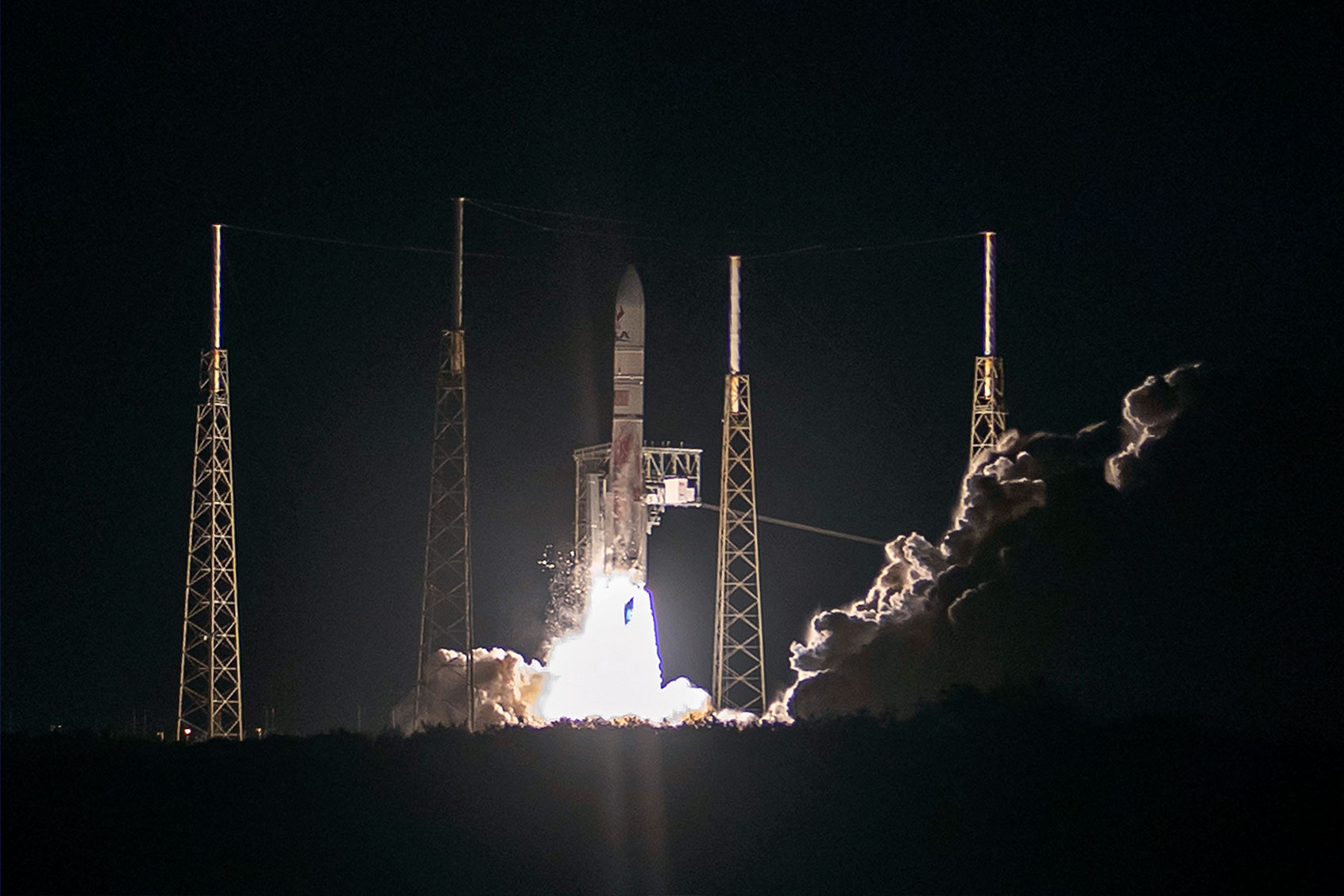Peregrine Mission One — the first American moon-landing effort since Apollo — has failed, according to lead engineers at the NASA-chosen private company Astrobotics. As reported by the BBC and numerous other sources, the mission experienced a critical failure in the propulsion systems which will prevent the Peregrine lunar lander from touching down on the lunar surface. Difficulties adjusting the craft's solar panel array toward the sun are preventing the craft from generating electricity. The mission was the first attempted commercial moon landing under NASA's Commercial Lunar Payload Services program. The failure follows a successful launch of the Vulcan Centaur rocket by United Launch Alliance — a joint venture between Lockheed Martin and Boeing.
"Unfortunately, it appears the failure within the propulsion systems is causing a critical loss of propellant. The team is working to try and stabilize this loss, but given the situation, we have prioritized maximizing the science and data we can capture. We are currently assessing what alternative mission profiles may be feasible at this time," Astrobotic said in a statement just hours after it resolved a temporary communications loss with Peregrine, rooted in the same issue. The company said in a later update that the majority of its team "has been awake and working diligently for more than 24 hours."
Six lunar rovers were also being carried on the rocket. Along with the lunar lander and science instruments, the Vulcan Centaur is carrying the DNA of legendary science fiction author Arthur C. Clarke, as well as the remains of several "Star Trek" franchise figures. They include those of series creator Gene Roddenberry, his wife Majel Barrett Roddenberry, and their son Eugene "Rod" Roddenberry. Also included are those of Nichelle Nichols, who famously portrayed Lt. Uhura in the original series, and her son Kyle Johnson.


